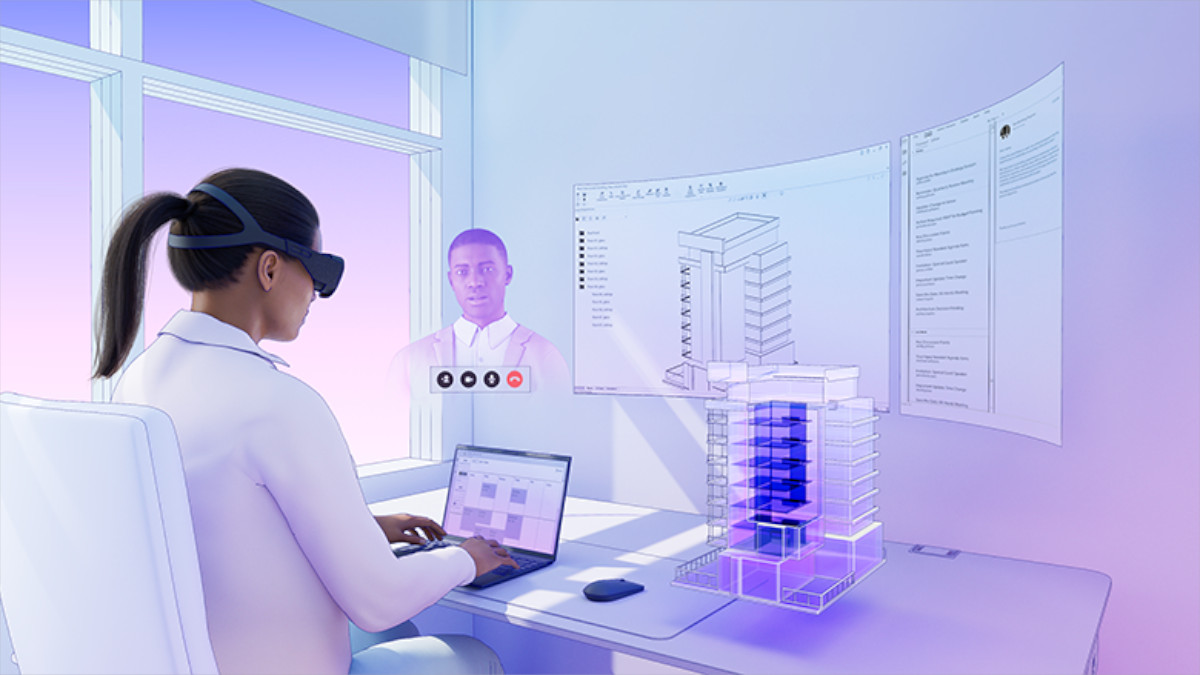Meta has announced it has opened Quest OS to third-party hardware makers, with Asus, Lenovo, and Xbox already onboard as partners. The Zuck also revealed that Quest OS will now be rebranded as Meta Horizon OS, Quest app store will become Meta Horizon Store, and its smartphone companion app is now known as Meta Horizon app.
More importantly, Microsoft is currently working on a limited edition Xbox-branded, Meta Quest headset. Though it might not be the dedicated Xbox VR headset fans have longed for, it’s still a welcomed surprise. Meanwhile, Lenovo is developing mixed-reality devices for productivity, learning, and entertainment. Plus, we can look forward to a ROG-branded “all-new” performance gaming headset from Asus.

For now, details are sparse, but the accompanying blog post has confirmed at least one interesting titbit: Qualcomm’s Snapdragon XR2 Gen 2 processors will power all these future headsets. It’s the very same SoC currently powering the Meta Quest 3. We can, at the very least, expect custom-tuned specs and hardware similar to the way the ROG Ally and Lenovo Legion Go differentiate themselves.
The “Android of headsets”
Meta is planning on further expanding its ecosystem to include even more app developers and device makers. For now, it is confirmed that the App Lab software will soon be made available via the Meta Horizon Store. This means that indie developers will have an opportunity to create exciting new apps and games exclusive to the platform. Suffice it to say the possibilities are near endless.

Moving swiftly on, the company has even encouraged the Google Play 2D app store to come to Meta Horizon OS. No changes would be necessary, as “it can operate with the same economic model it does on other platforms.” Last but certainly not least, Meta mentions that it is currently developing a new spatial app framework. This framework will aid mobile developers in creating their mixed reality experiences.
The decision to go open-source serves two distinct purposes. The most obvious reason is that the shift will aid greatly in Meta’s efforts to become the “Android of headsets.” This new business model brings more choice to consumers and, in turn, brings more customers to the greater Metaverse. It’s also a big market play against Apple and its plans for spatial computing. Shots fired.

